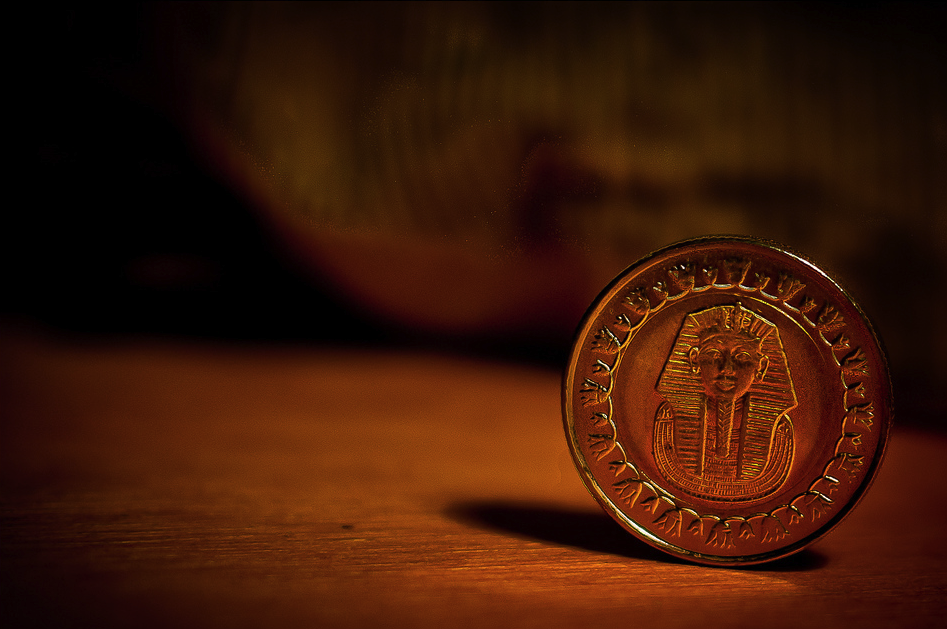Bankers and experts expect the Central Bank of Egypt (CBE) to devaluate the Egyptian pound against the US dollar again during the next period. The expected step comes after the CBE raised its interest rate by 1% last Thursday.
The CBE devaluated the pound against the US dollar on 14 March by approximately 112 piastres, raising the dollar exchange rate to EGP 8.85. A day later, the rate increased by 7 piastres, fixing the dollar exchange rate at EGP 8.78 since that date.
In a statement, the CBE said that this procedure aims at correcting the situation of the currency markets and achieving monetary stability.
However, the dollar exchange rate on the black market saw successive increase after the decision, exceeding EGP 11, before being fixed at EGP 10.8 – 11since early May.
According to Mohamed Abdel Aal, board member at the Suez Canal Bank and Arab Sudanese Bank, the CBE’s decision to raise the interest rate of the pound may lead to a gradual decrease in the US dollar’s price against the pound in the black market, reaching EGP 9.5.
When that happens, he added, the CBE may consider it unifying the dollar exchange rate in both the official and black markets, and, consequently, making a last official devaluation of the pound to rest at the same price as that of the unofficial market. As a result, the black market would disappear permanently.
Adbel Aal warned against taking this step without having enough US dollar liquidity that enables the CBE to intervene in the market and face any speculations on the dollar. In addition, the CBE needs to have strong tools guaranteeing its market control and the stability of the dollar exchange rate against the pound.
He explained that currency traders will face any new pound devaluation against the dollar in the official market by increasing the dollar’s price in the black market. Therefore, the CBE must be ready to face that.
According to Ezz El-Din Hassanein, a banking and economic expert and the general manager in an Arab bank operating in Egypt, the CBE may devalue the pound against the dollar again shortly after it raised the interest rate on the pound.
Hassanein said that this step, if taken, may lead to increased prices of imported goods, which means an additional rise in the inflation rates.
“The CBE will not take this step unless it is supported with sufficient foreign exchange to help pump needed dollars into the market. This can only be achieved by obtaining the loans agreed upon with the World Bank and the African Development Bank, in addition to the loans and deposits Egypt obtains from Arab and foreign institutions,” Hassanein said.
According to Tamer Youssef, head of treasury at a foreign bank operating in Egypt, the purpose of the rate hike by the CBE is to contain inflation, especially since the monthly increase of core inflation reached 3.15%, the highest monthly increase since January 2008.
He added that as long as the CBE sells US dollars to banks through regular or exceptional tenders to cover basic supplies, the devaluation of the pound rate in the official market should not be expected.
The devaluation of the pound’s price would increase prices of basic supplies and thus increase inflation, according to Youssef.
However, Youssef expects that the CBE will pursue a more flexible exchange rate policy in case Egypt agrees on a loan with the International Monetary Fund on a medium term. This would mean a new devaluation of the pound.




